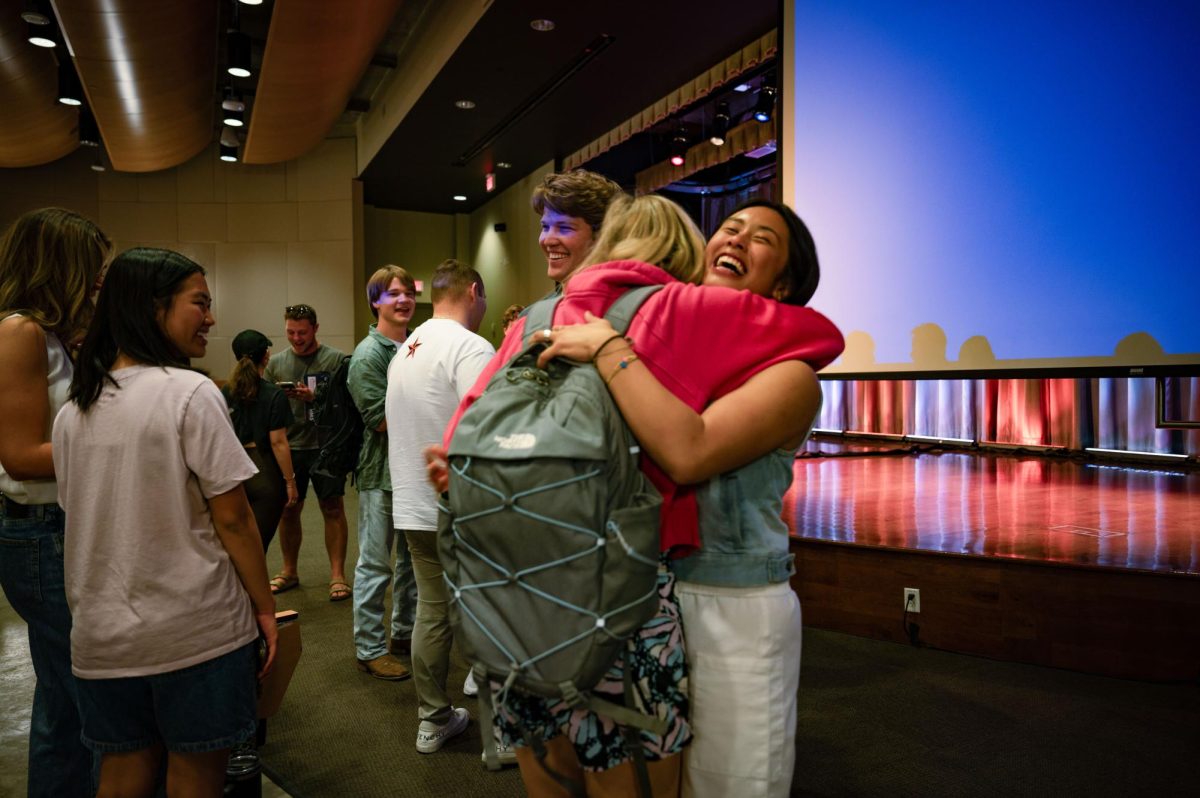UT President William Powers Jr. has shared his health care story to add a personal voice to discussions about a planned medical school in Austin.
As a 35-year Austin resident, Powers stresses the importance of having health care services available to Central Texans. UT spokesperson Gary Susswein said the powerful voice of President Powers will help spread the word in Austin.
“Having people talk about their personal experiences makes the experience real and shows why, as a community, we will benefit from increased medical education,” Susswein said.
Healthy ATX is an organizing committee working with UT officials, including Powers, to improve local health care aims to put a face on health care in the community. The organization launched in April with the “We all have a health care story” campaign, an effort that invites community leaders and average citizens alike to share videos of their experiences with health care in Central Texas.
In 2011, State Sen. Kirk Watson created a “10 goals in 10 years” plan to improve health care in Austin. One of these goals is to build a medical school that will create health care jobs and expand health services in Travis County.
Andy Mormon, chief of staff for Austin Mayor Lee Leffingwell, said the mayor is a member of the Healthy ATX organizing committee for the medical school and is very supportive. He said the stories Watson and Powers shared make a difference and add a personal touch.
“It is not unusual to have to go to Houston or Dallas to receive treatment for a complicated medical condition,” Mormon said. “It is a very personal thing for people to stay home and sleep in their own beds.”
Alexa Stuifbergen, dean of UT’s School of Nursing, said she thinks the “We all have a health care story” campaign is a useful way to personalize the cause to establish a medical school in Austin.
“It is ultimately up to the Travis County voters to vote on whether or not to increase taxes to support a medical school,” she said. “Right now the University Medical Center Brackenridge is outdated and cannot handle the teaching and technological aspects needed.”
In May, the UT System Board of Regents voted unanimously to fund the establishment of a medical school at UT. The combination of the regents’ approval, a recent promise from the Seton Healthcare Family to pay up to $250 million and funding from other sources, Watson’s plan to bring a medical school to Austin is becoming more tangible.
Exercise science senior Melissa Moore said she supports the plan for a new medical school.
“I plan on attending medical school after I graduate, and it would be great not to have to move to Houston or out of state,” she said. “What needs to happen is for the surrounding hospitals and the state legislature to allocate more funds.”



















